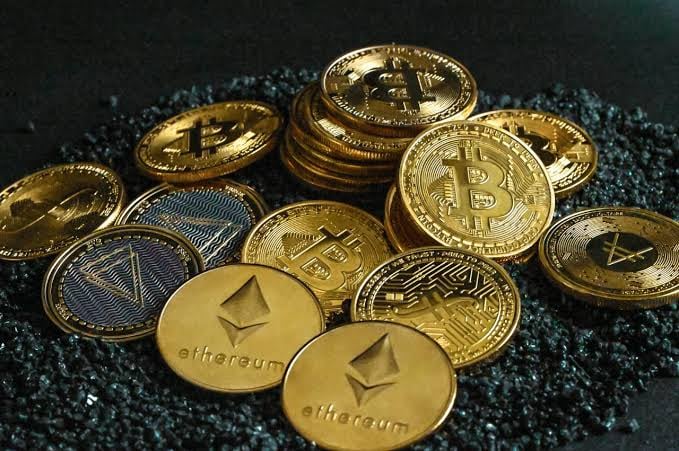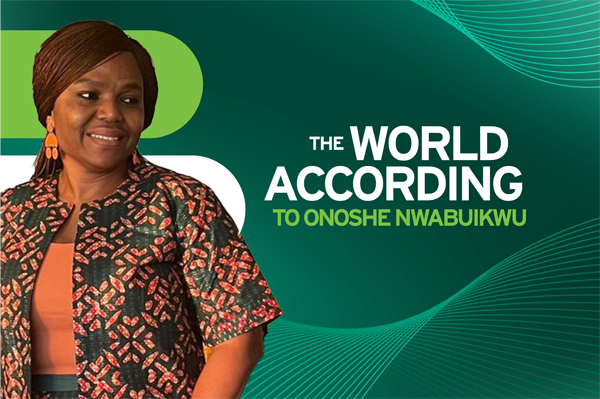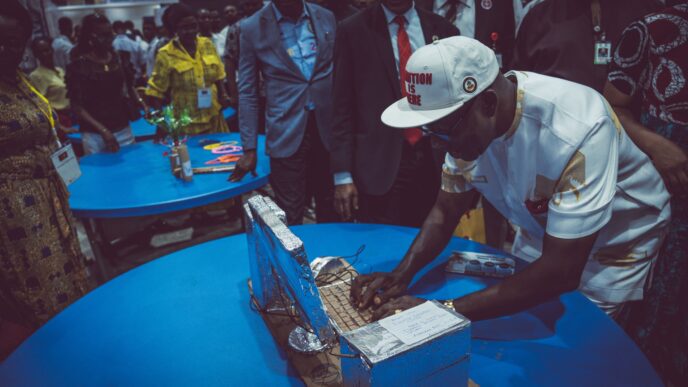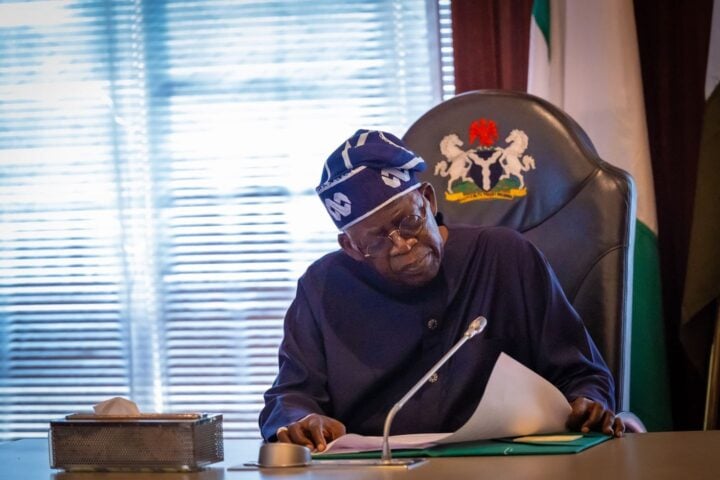In August, the Nigerian Securities and Exchange Commission (SEC) granted approval in principle to two crypto firms to operate. Many believed this was the start of a new dawn for crypto enthusiasts.
Before that time, no one could claim in public that they traded in crypto. Government agencies issued several warnings, and despite the volatility surrounding it, hundreds of thousands of young Nigerians still carry out trades daily on their preferred crypto platforms.
Busha and Quidax became the first official crypto exchanges in Nigeria following their approval by the SEC two months ago, bringing significant growth to the crypto ecosystem.
In terms of crypto adoption, Nigeria maintained its position as a top global player, ranking second worldwide behind India, while Ethiopia, Kenya, and South Africa also made the top 30. An estimated 33 percent of Nigeria’s population now invests in cryptocurrency.
Advertisement
Sub-Sahara Africa’s cryptocurrency economy has witnessed massive growth since the start of 2024. Stablecoins like USDT and USDC, which now account for approximately 43 percent of the region’s total transaction volume, have become a more reliable value to keep, trade and make cross-border payments.
Stablecoins adoption in Nigeria is driven by naira depreciation and inflation which reached a record high in 2024. The likes of USDT and USDC almost reached $3 billion in Q1 2024, making stablecoins the largest portion of sub-$1M transactions in Nigeria. With 85 percent of the value of transfers made under $1 million, Nigeria received approximately $59 billion in cryptocurrency value between July 2023 and June 2024.
According to a 2024 Geography of Crypto Report released by Chainalysis, though Sub-Saharan Africa accounts for the global cryptocurrency economy’s smallest share, representing 2.7 percent of transaction volume worldwide between July 2023 and June 2024, the region saw modest growth, receiving an estimated $125 billion in on-chain value during this period, a $7.5 billion increase compared to the previous year.
Advertisement
One of the reasons for the surge in crypto adoption in Nigeria is the anticipation for a bull run which many believe is here. A bull market, or bull run, is defined as a period where most investors are buying, demand outweighs supply, market confidence is at a peak, and prices go up.
For those who bought their assets at a lower price during the bear/down season, they sell at a higher value during the bull market. The most notable bull runs occurred in 2013 and 2017 when Bitcoin prices surged dramatically. However, these periods of euphoria were inevitably followed by market corrections as investors’ enthusiasm waned and prices plummeted.
The last bull run which started in late 2020 was driven by a combination of factors, including increased institutional interest, growing adoption of decentralized finance (DeFi) applications, and the global economic uncertainty caused by the COVID-19 pandemic. During that period, Bitcoin reached an all-time high of over $73,000, captivating investors and fueling widespread optimism about the future of cryptocurrency.
However, Bitcoin has since surpassed the $73,000 record of the last bull run and reached an all-time high of $97,000 currently. This figure is likely to surpass $100,000. Since the US election results that will see former President Donald Trump return to the White House in January 2025, the crypto marketplace has been on an upward trend.
Advertisement
There are expectations that the US regulatory institutions will pivot to a more pro-crypto approach. According to Cryptomind, If Trump can implement pro-crypto policies, demand should spike for Bitcoin and stablecoins such as USDT and USDC, which are pairs traded.
For the Bitcoin price trend in 2025, if the price breaks through $100,000, Cryptomind sees the next resistance at $115,000. This would be followed by some correction from profit-taking before it surges to $180,000 if there are additional positive factors such as continued interest rate cuts.
A bull run can lead to increased investment activity in both the Nigerian and global cryptocurrency markets while also driving higher adoption rates. However, the Nigerian government’s inconsistent stance on crypto can create regulatory uncertainty and dampen interest in the market.
As the bull run settles in fully, traders who have been holding their assets for months are looking to make at least a double their investment, while those who are just putting their money are hoping the bullish season lasts longer than three months so they could make good gains.
Advertisement
Israel Ojoko, a journalist and data analyst, can be reached via [email protected]
Advertisement
Views expressed by contributors are strictly personal and not of TheCable.
Add a comment










